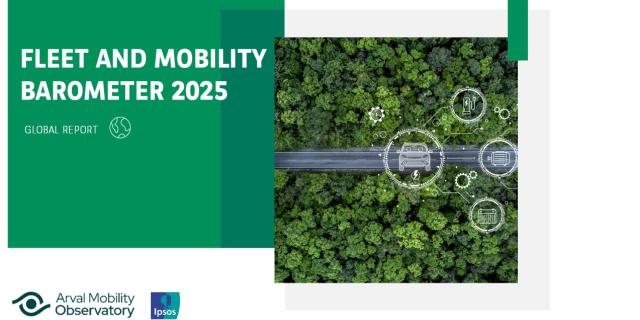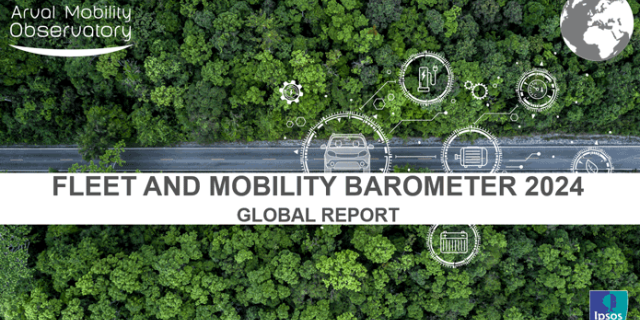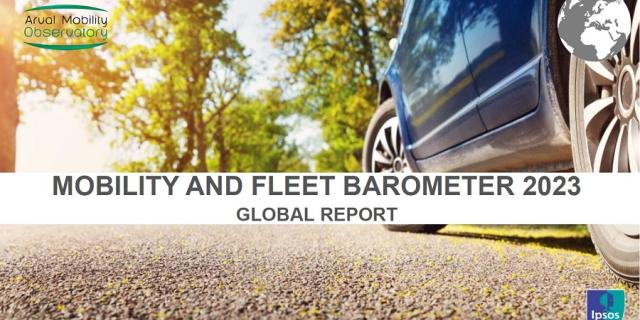Charging infrastructure in Europe: room for improvement
Paris, 9th of March 2021
At the beginning of 2020, when fleet manager’s interviews were conducted across Europe for the last Arval Mobility Observatory fleet Barometer, the main barrier against PHEV and BEV raised by companies that were not considering implementing these alternatives was the lack of public charging points. Moreover, 2020 saw a continuing trend across Europe (EU+ EFTA+UK) of increasing electrification with sales of BEV’s increasing by 107% and PHEV’s by 210% (EU + EFTA + UK) according to the European Automobile Manufacturers Association (ACEA)) (cf our last article)
At the beginning of 2021, where do we stand regarding the public charging point’s situation?
It is obvious that the current public charging infrastructure for EV’s in the EU remains below what is needed and is unevenly distributed throughout the EU.
Indeed, according to the European Alternative Fuels Observatory, the number of public charging stations across Europe ( EU+ EFTA + UK+TK) is around 285 796 distributed, with only 38 081 high power public recharging points versus 247 715 normal power public recharging stations.
Four countries account for more than 75% of all electric charging points: The Netherlands (66 461 public stations), France (46 000 with a target at 100 000 by the end of 2021), Germany (44 669) and the UK (33 470). No need to be a good mathematician to understand that with more than 1 million electrified vehicles (PHEV and BEV) sold in Europe in 2020, the charging infrastructure clearly remains below what is needed.
That is why, on the 11th of February, in a common letter, the European Automobile Manufacturers’ Association (ACEA), Transport & Environment (T&E) and the European Consumer Organisation (BEUC) asked the Commission to use this year’s revision of the Alternative Fuels Infrastructure law to speed the move and to require 1 million public charging points to be available across Europe by 2024, and 3 million by 2029.
ACEA has been calling on the European Commission to fast track the review of the EU Alternative Fuels Infrastructure Directive as part of its COVID recovery plan, including clear and binding deployment targets for all member states.
Oliver Zipse, ACEA president and CEO of BMW, said; “The EU Commission quickly needs to take action and set binding targets for the ramp-up of charging infrastructure in the member states. Otherwise, even the current reduction targets in fighting climate change are at risk. In addition to public charging infrastructure, we also need to put a stronger focus on workplace and home charging.”
Individual targets should be allocated to each country based on a simple and fair methodology. According to this methodology, the target for France would be around 206 587 stations in 2024 and 552 464 by 2029. In Germany, 398 533 in 2024 and more than 1 million by 2029.
The directive should also set a target of around 1 000 hydrogen stations by 2029.
Last but not least, the letter called on the European Commission to propose replacing the Alternative Fuels Infrastructure Directive (AFID) with a regulation instead of a directive. Indeed, a regulation would allow for swift implementation of the new targets, whilst a directive would require their transposition into national law, what could slow the pace. It would help harmonise re-charging standards, payment methods for consumers, tariff transparency, maintenance, and other issues across the EU common market.
On the 2nd of February, the UK Department for Transport announced a £50 million investment to increase the number of EV charging points at homes and workplaces. Previously, the government announced a £20 million fund to help councils install on-street charge points to help drivers with no garage or driveway to charge their vehicle. With these two investment programs, they cover both public and private EV charging infrastructure.
On the 14th of February, The French Government announced a €100 million funding scheme to boost public recharging infrastructure. Aid will be supplied to companies installing recharging points on the national road network.
With the development of new EV models, with high range capacity, having a relevant charging infrastructure in terms of number and also in terms of geographical coverage, will be paramount.














